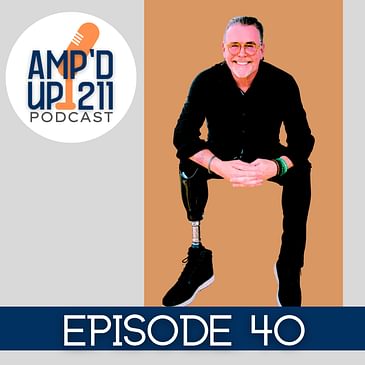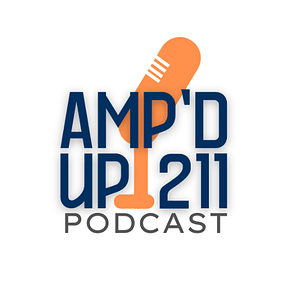We are proud to present Hugh Boyle. Hugh is a Right below amputee and the founding partner of The Consumers with Disabilities Research Foundation, North America’s first consumer research business, focused on generating data and insights from and for the vast and valuable consumers with disabilities population. They are committed to using research to improve consumer life for the disabled community. As a top executive in the advertising industry, Hugh brings a very interesting and relevant perspective to the entire Amputee Community as he continues his mission of advocacy and awareness. The AMP'D UP211 Video Podcast is hosted by Rick Bontkowski, a right-below-knee amputee.
TURNING DISABILITY INTO POSSIBILITY




